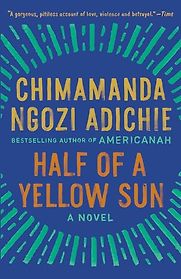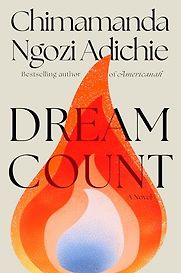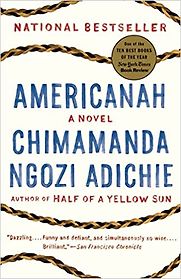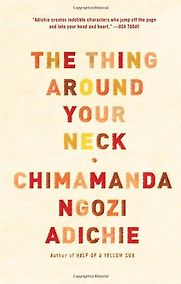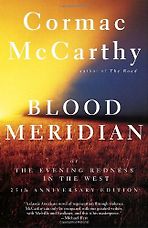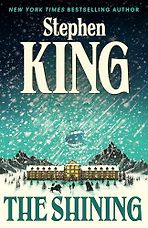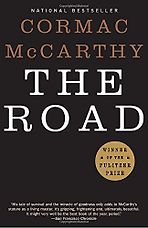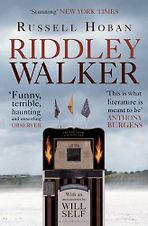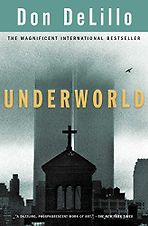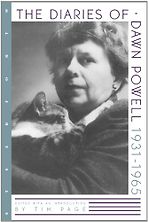Half of a Yellow Sun
by Chimamanda Ngozi Adichie
***Winner of the 2007 Women’s Prize for Fiction***
The most celebrated of a new generation of Nigerian novelists bravely and brilliantly tackles an event that still seems to whisper in the heart of the country’s affairs perhaps more than any other: the devastating civil war of 1967-70.
Recommendations from our site
“Half of a Yellow Sun centres around a family as they transition from a position of influence and privilege to being just regular citizens of the newly formed Republic of Biafra. I don’t know how much I need to tell you, but, basically, about six years after Nigerian independence there was a civil war known as the Biafran War. It’s a beautifully written, big swing of a novel with lots of themes: moral responsibility, ethnic allegiances, class, race. And it’s all set against the backdrop of this pivotal time in Nigerian history.” Read more...
Chioma Okereke, Novelist
“This novel came out to a real fanfare of people acclaiming it as a superb piece of fiction. I’d heard a lot of people talk about Chimamanda Ngozi Adichie and what a brilliant writer she is. I thought, ‘I’ve got to give this a go.’ Oh my goodness! It’s another really big, immersive novel by somebody who really knows their stuff. And because it’s such recent history—late 60s and 1970—she has been able to draw on primary sources. That’s a rare thing when you’re writing historical fiction, that it’s still within living memory. So you know it’s right, that the details are correct. It’s like reading news reports, but in this incredible narrative, in which you’re really bound up with the characters.” Read more...
Historical Fiction Set Around the World
Jane Johnson, Historical Novelist
“It’s a novel about life in the late 1960s, before, during and after the Nigerian Civil War, also known as the Biafran War because of the attempt by the region of that name to secede. And it really highlights a fundamental problem of modern state-building in Nigeria and in many African countries and that is the challenge of forging unity amidst diversity within the often very arbitrary boundaries created by Europeans.” Read more...
The best books on African Politics
Evan Lieberman, Political Scientist
“This is a story about a family during the Biafran war, focusing on twin sisters. They get caught up in the war, and they get separated. It’s about the political landscape at the time, and how it affected this family. I was very impressed by the breadth of the story and the work that went into writing it, the historical research that Chimamanda did, and how she managed to make fact into fiction. That, for me, craft wise, was such a big achievement. It stayed factual, even though it was fiction. That’s why I chose it and that’s why I liked it. I was very impressed by it as a work of literature.” Read more...
Blessing Musariri, Novelist
“Her story is told by three powerful, self-aware and intellectually upright characters who are swept up in the struggle to establish an independent Nigeria. It’s a call to arms.” Read more...
The best books on Displacement
Michelle Jana Chan, Novelist
“Chimamanda Adichie broke the ice in writing about the Biafran war….She evokes well this notion of a nation that flared and died and the passion that went into that and why this was something which had this very deep appeal for a part of the nation which, depending on your point of view, was either marginalised or saw itself as special. Unless you travel in the east, you don’t realise how resonant that still is today. Biafra will be mentioned by the guy in the roadside Coke stall and the chap you chat to outside the church.” Read more...
Michael Peel, Foreign Correspondent
